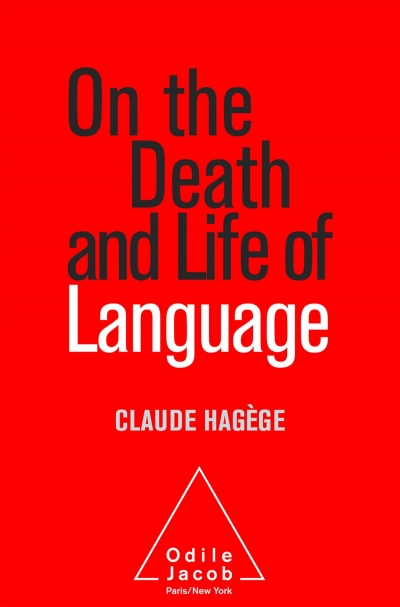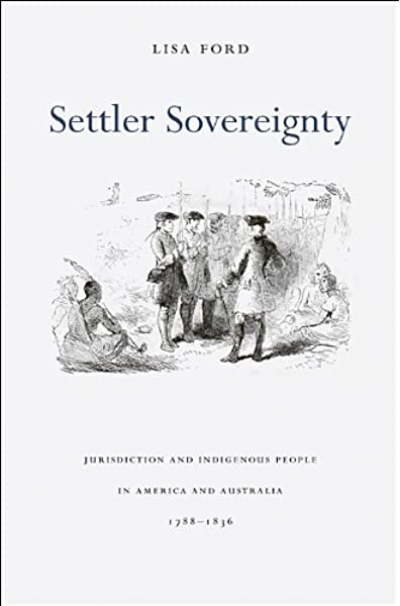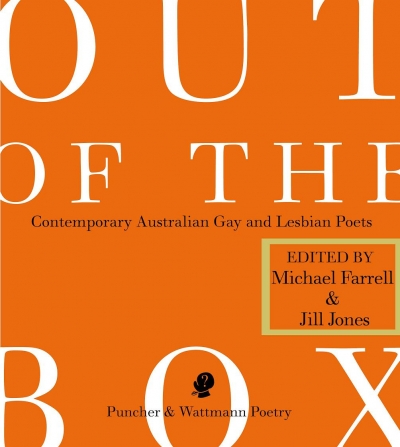Archive
Southerly and élitism
Dear Editor,
I was pleased to see ABR’s review of the seventieth birthday issue of Southerly (March 2010), but I need to respond to a number of matters raised in Jeffrey Poacher’s review. First, though, I need to own the error pointed out by Mr Poacher. Mr Poacher correctly observes that I twice get wrong the name of the founding editor. The man’s name was R.G. Howarth. I wrote R.J. Howarth. The middle initial was wrong.
... (read more)Settler Sovereignty: Jurisdiction and indigenous people in America and Australia, 1788–1836 by Lisa Ford
Beyond Belief: Skepticism, science and the paranormal by Tamas Pataki
Robert Dessaix and China
During Writers’ Week last month, many of the writers on the program were outraged to learn of the plight of their fellow guest Robert Dessaix. The celebrated author of A Mother’s Disgrace and Arabesques was scheduled to fly to China at the conclusion of Writers’ Week, having been invited by the Department of Foreign Affairs and Trade to take part in Shanghai’s International Literary Festival, along with writers such as Les Murray and Alexis Wright. China then banned Dr Dessaix from entering the country because of his HIV status. Ironically or not (was there a punitive link here, Robert Dessaix wondered in public), he was replacing Frank Moorhouse, who had withdrawn from the festival because of the imprisonment of Chinese writers. Led by Michelle de Kretser and Charlotte Wood, one hundred Australian authors and commentators protested at this offensive and unenlightened decision, as did ABR and the Australian Society of Authors. China’s discriminatory policy was widely criticised, even in China.
... (read more)







